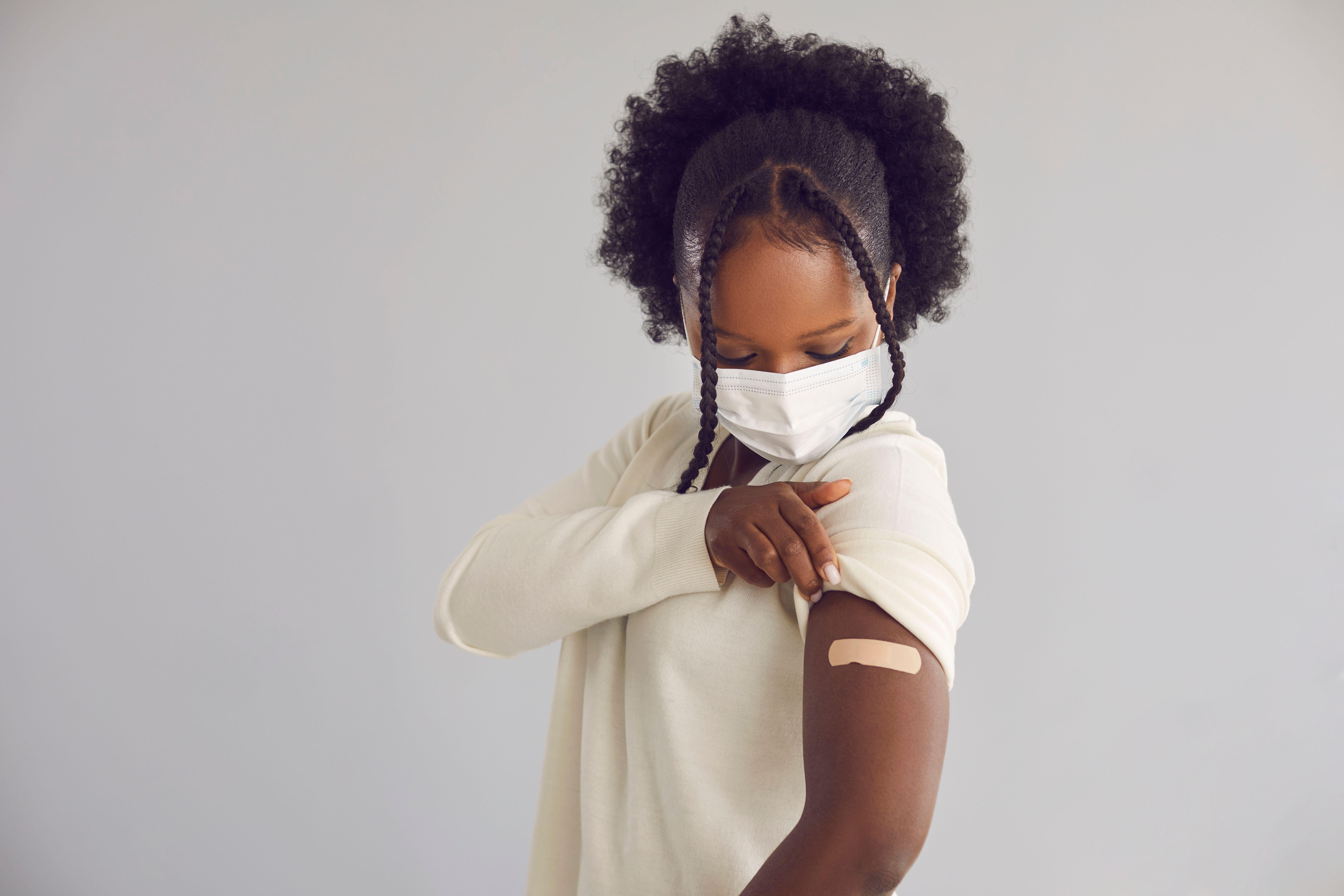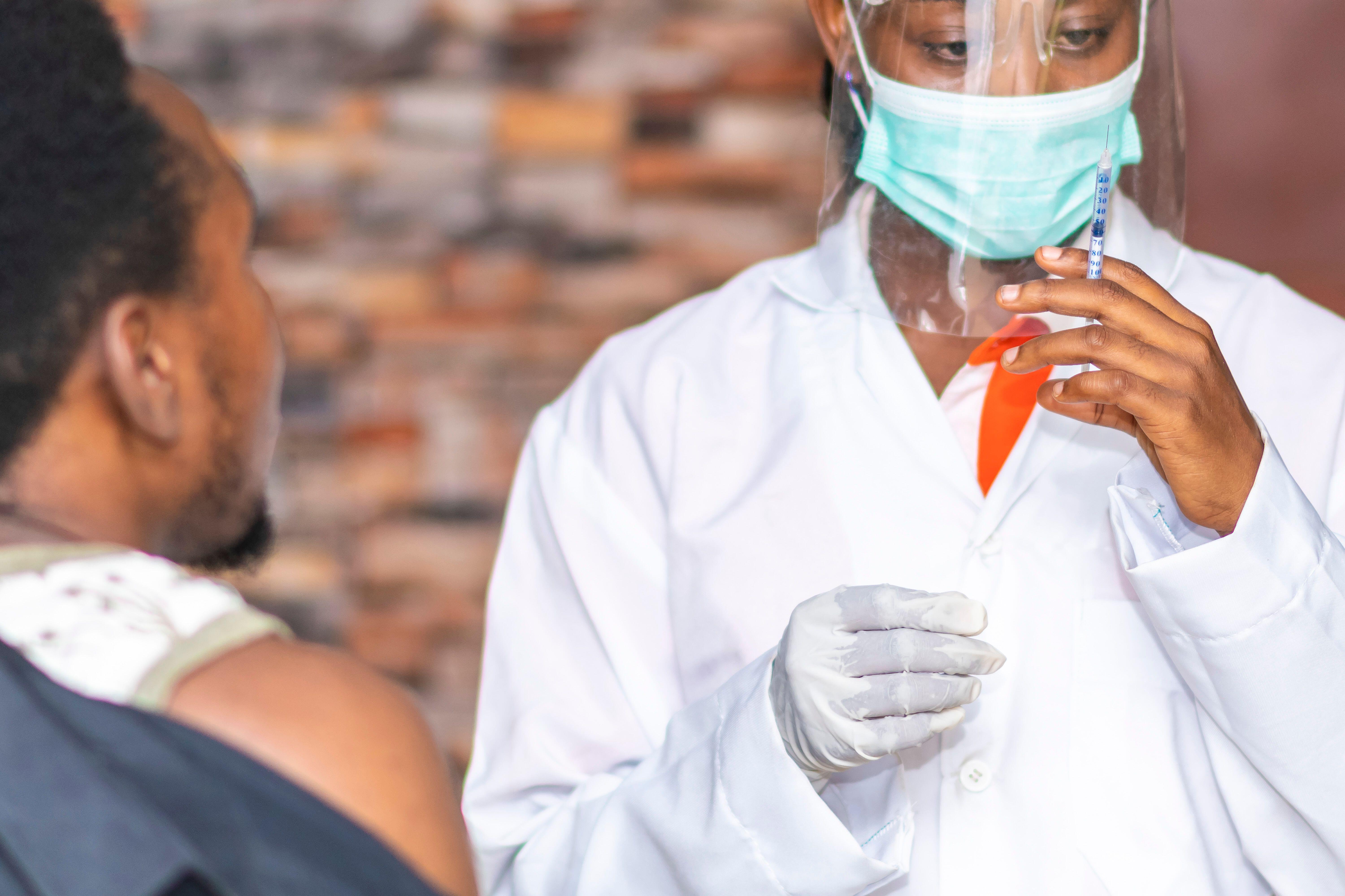What are vaccine booster jabs and do we need them for Covid-19?
There’s a lot of talk about Covid booster jabs, but what does it all mean?

Covid booster jabs have been cropping up in news more and more. But what exactly is a booster jab, and why might we need them?
Health Secretary Sajid Javid has just confirmed plans are under way to offer Covid boosters in the UK. Although nothing seems concrete just yet, it’s indicated boosters could be rolled out along with the annual flu jab drive, prioritising over-50s and those who received their initial Covid vaccines earliest.
Javid said the Government is awaiting advice from the Joint Committee on Vaccination and Immunisation (JCVI). However, leading vaccine expert Professor Sir Andrew Pollard has suggested boosters may not be needed.
We’ll have to wait and see what’s decided. In the meantime, if you’re a bit confused about booster jabs, we asked some medical experts to give us the lowdown.
What is a booster jab?
Dr Ashish Srivastava, GP and Medical Director at Gogodoc explains: “Vaccines contain a weakened form of the disease-causing virus or bacteria, and work by triggering your immune system to attack the foreign organism, like it would if you actually had the disease.
“As a result, your immune system is able to ‘remember’ the disease-causing bacteria or virus, and if you’re exposed to it again, your body’s defence cells (antibodies) can recognise and kill the germ before it causes harm.
“Boosters are the same vaccine which can be given, weeks, months or even years after the first vaccine in order to boost your immune system with a further weakened form of the virus.”

Dr Will Budd, a clinical research physician at Imperial College who has played an instrumental role in the vaccine clinical trials, and medical advisor to myGP, the UK’s largest independent healthcare management app, describes booster jabs as “like having a top up of the vaccine, to ensure a good level of protective antibodies”.
“Sometimes they are slightly different from the original jabs you receive,” he adds. “This is because the vaccine shows you what the ‘keys’ on the outside of Covid looks like, so that we can make ‘locks’ (antibodies) to stop them. But variants are slight changes in these keys, so sometimes we need to boost with a new vaccine that matches the new keys, hopefully making us like a master locksmith and being able to defend against different variants better.”
Are booster jabs new?
Vaccine boosters are not new. In fact, it is not unusual for boosters to be required, and many of us will already have had boosters during our lives for other things. Flu jabs are an example, and if you’ve done a lot of travelling to regions where travel vaccinations are recommended, you may have had boosters. Pet-owners may take their dogs and cats for annual boosters!
“We often use booster vaccinations for other infections, such as Pneumococcus (every five years) and tetanus (every 10 years),” says Dr Louis Tela Akindele, GP at Gogodoc. “These intervals are based on the period of time we know immunity wanes. As we study Covid-19 more, we will gain greater clarity in terms of the duration required between booster doses.”
Why might we need Covid booster jabs?
As experts keep reminding us, it can take time to really see the effects of how a vaccine programme is working. But lots of us were hoping being double jabbed would mean we’re now all safe from catching and spreading Covid – so why might we need booster jabs?
“We may need them if A: it’s clear that antibody and protection levels decrease over time and we need a top up. Or B: if the variants differ considerably from the original strain the vaccine is designed in,” says Dr Budd.
Who might be offered Covid booster jabs?
So far, the Government hasn’t confirmed any concrete plans, although it sounds as though there could be a similar priority list as with the first round of the initial vaccine roll-out, targeting older age groups for example.
“This is unclear presently,” agrees Dr Budd, “and really depends on what the need for the boosters are. Likely [it will be] the top groups in the roll-out at least (key workers, elderly and the vulnerable), and then potentially to everyone, depending on need.”
Bookmark popover
Removed from bookmarks